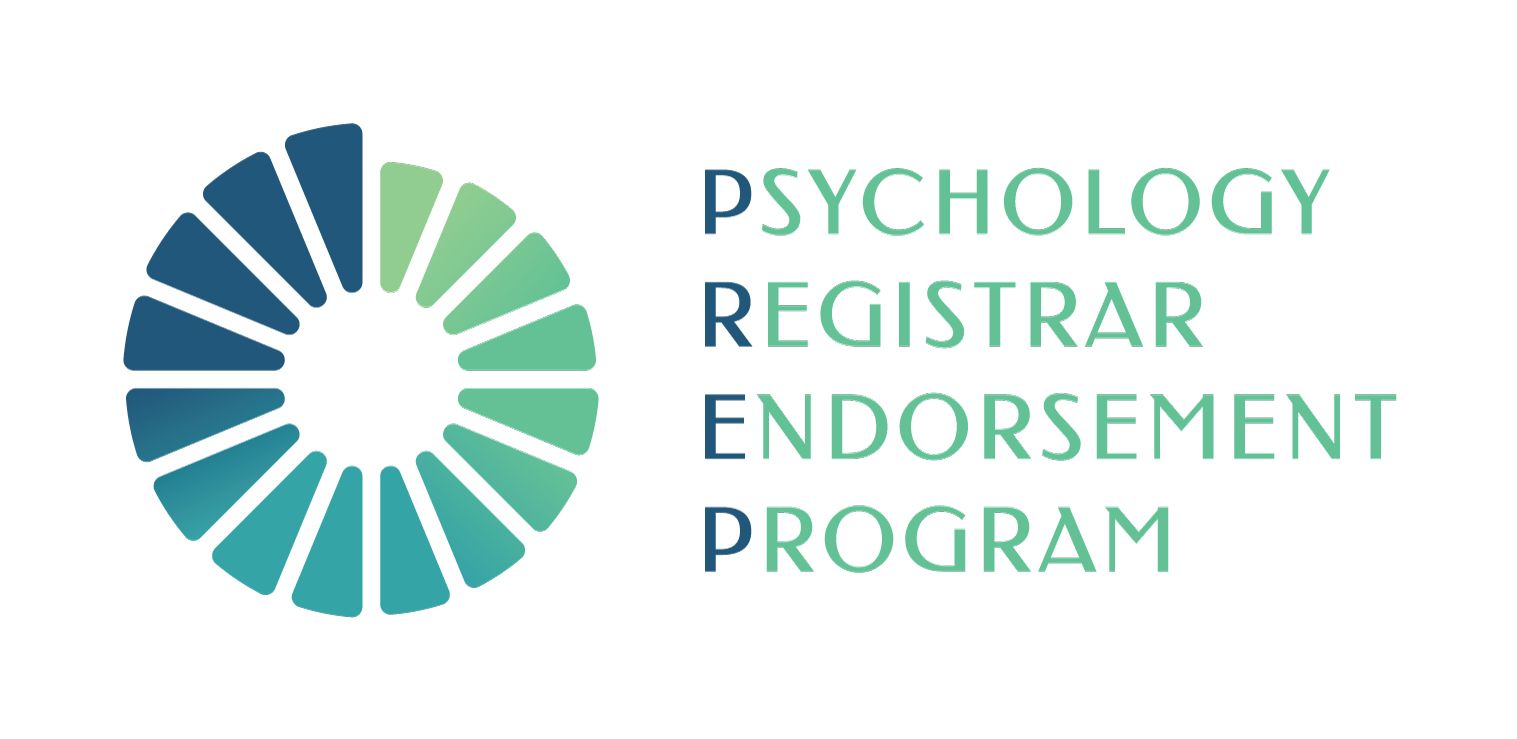Write your awesome label here.
Want a copy of this to read later and keep?
What has changed?
Historically, the only pathway to endorsement has been an approved postgraduate qualification (generally a Masters, DPsych or Combined Masters / PhD program in an area of endorsement) or recognition of overseas qualifications.
This news now means that area of practice endorsements identifies psychologists who have completed an approved postgraduate qualification (or a postgraduate qualification that is substantially equivalent or based on similar competencies to an approved qualification), and supervised training in an area of practice.
To be eligible for endorsement, you must:
To be eligible for endorsement, you must:
- hold general registration as a psychologist in Australia, and
- have an approved qualification accredited at sixth year or higher in one of the nine approved areas of practice, or hold a qualification assessed by the Board as substantially equivalent or based on similar competencies
Why did this happen?
What qualifications would be eligible for this pathway?
How to apply

If you believe that you have already completed a period of supervised practice after gaining the qualification that is comparable to a Board-approved registrar program then you can apply for full endorsement as part of this application.
In order to prove equivalence you will need to provide the following:
In order to prove equivalence you will need to provide the following:
- the total hours of supervised psychological practice
- the number of direct client contact hours
- the amount of individual supervision received
- the total amount of supervision received
- the amount of relevant professional development undertaken
- position descriptions setting out specific details of psychological practice undertaken, and
- details of supervisor(s).
Since the emergence of online learning, there has been a discussion on whether online classes are better than traditional classes. There have been competing schools of thought with valid arguments for and against both.
In the case of distance learning, it may be most appropriate at colleges and universities. Research data consistently indicate that students strongly prefer distance education.
Distance learning allows students to balance their other commitments more effectively, at least in cases they are adult learners, commuters, and part-time students. They don’t believe that they sacrifice a quality education for the convenience of utilizing distance learning.
However, both traditional and online learning comes with advantages and disadvantages. When is online learning more convenient than traditional learning? This blogpost indicates the real potential of online learning versus traditional classes.
Useful links

Good luck and let us know if you are applying as we would love to keep up to date with your successes at gaining endorsement!
Write your awesome label here.



